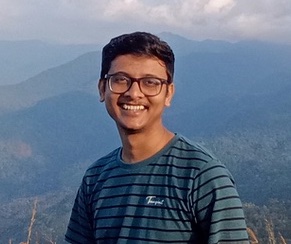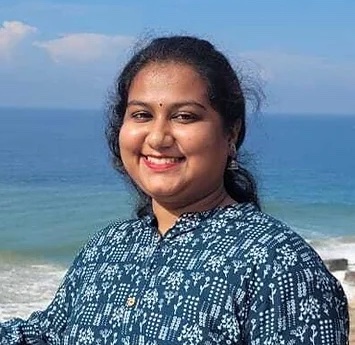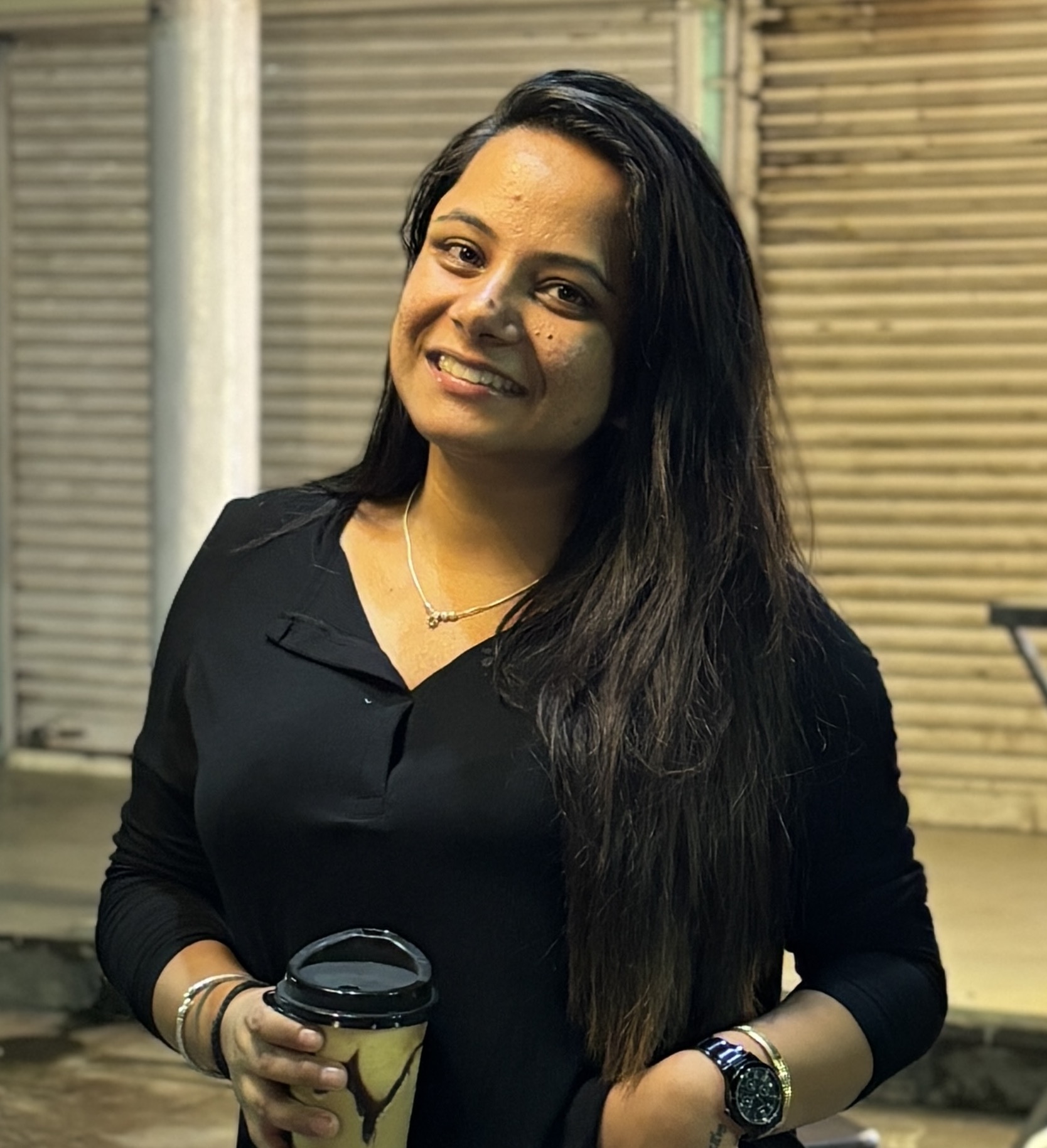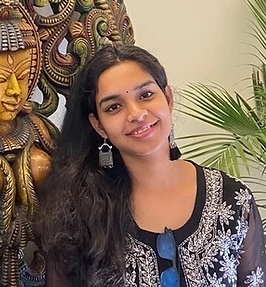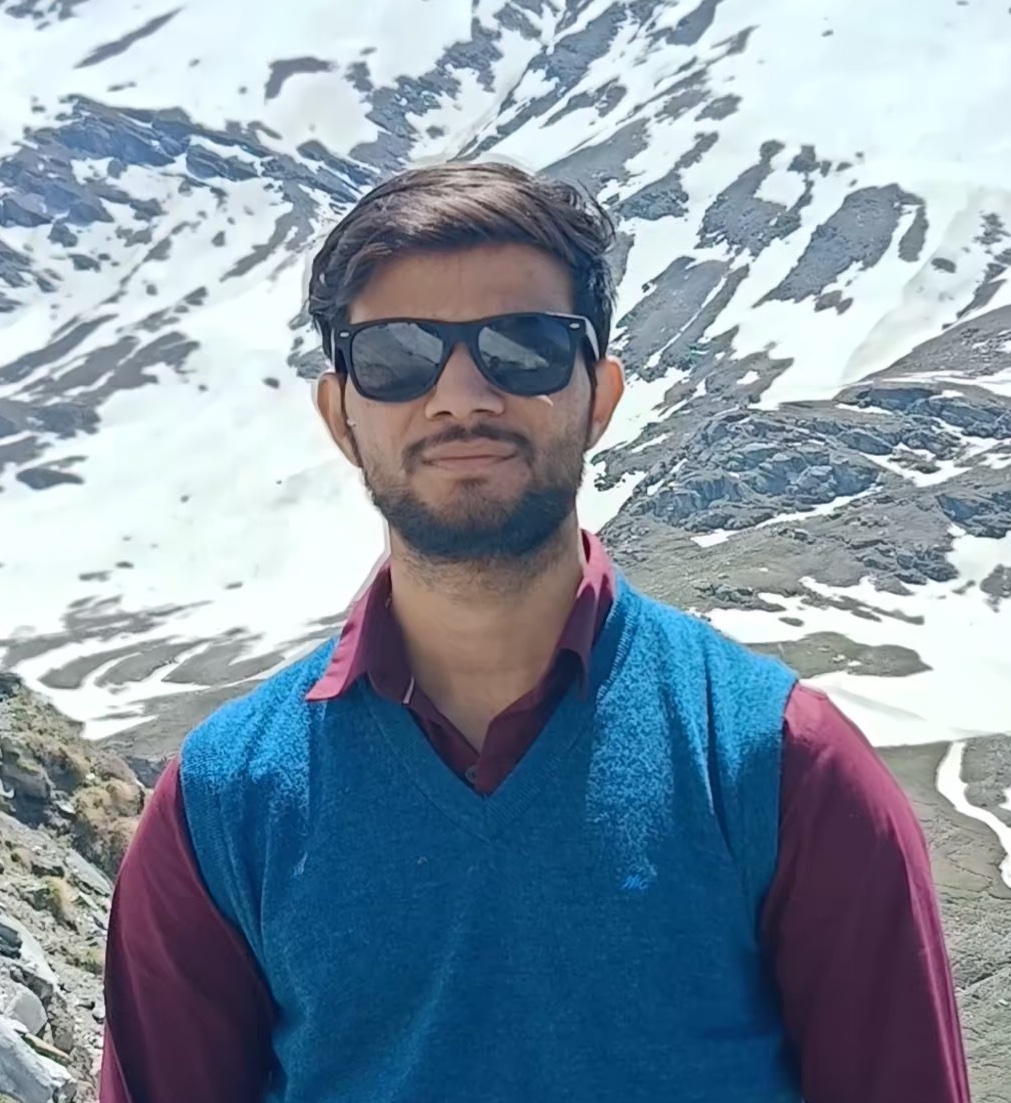N.G. Prasad
Professor
Research
My research interests are in the broad areas of Sexual conflict, Sexual Selection, Life-History Evolution and Evolutionary Ecology of Immunity. My research program aims to understand the effects of sexual conflict and sexual selection on aging and immune response. Theory predicts that intersexual conflict promotes increased investment in sexual activity under certain conditions. Hence, when these conditions are satisfied, increased investment in reproduction related activity should divert resources away from other activities involved with somatic maintenance. Further, sexual conflict may also influence the sex- specific gene regulation, especially of the ones involved in metabolic and immune path ways. Hence iIt follows that with resource acquisition having an upper limit, sexual conflict will influence both aging and immunity. I am testing these hypotheses using classical laboratory selection, phenotypic manipulation as well as molecular approaches. Find more about me here (www.ngprasad.com)



